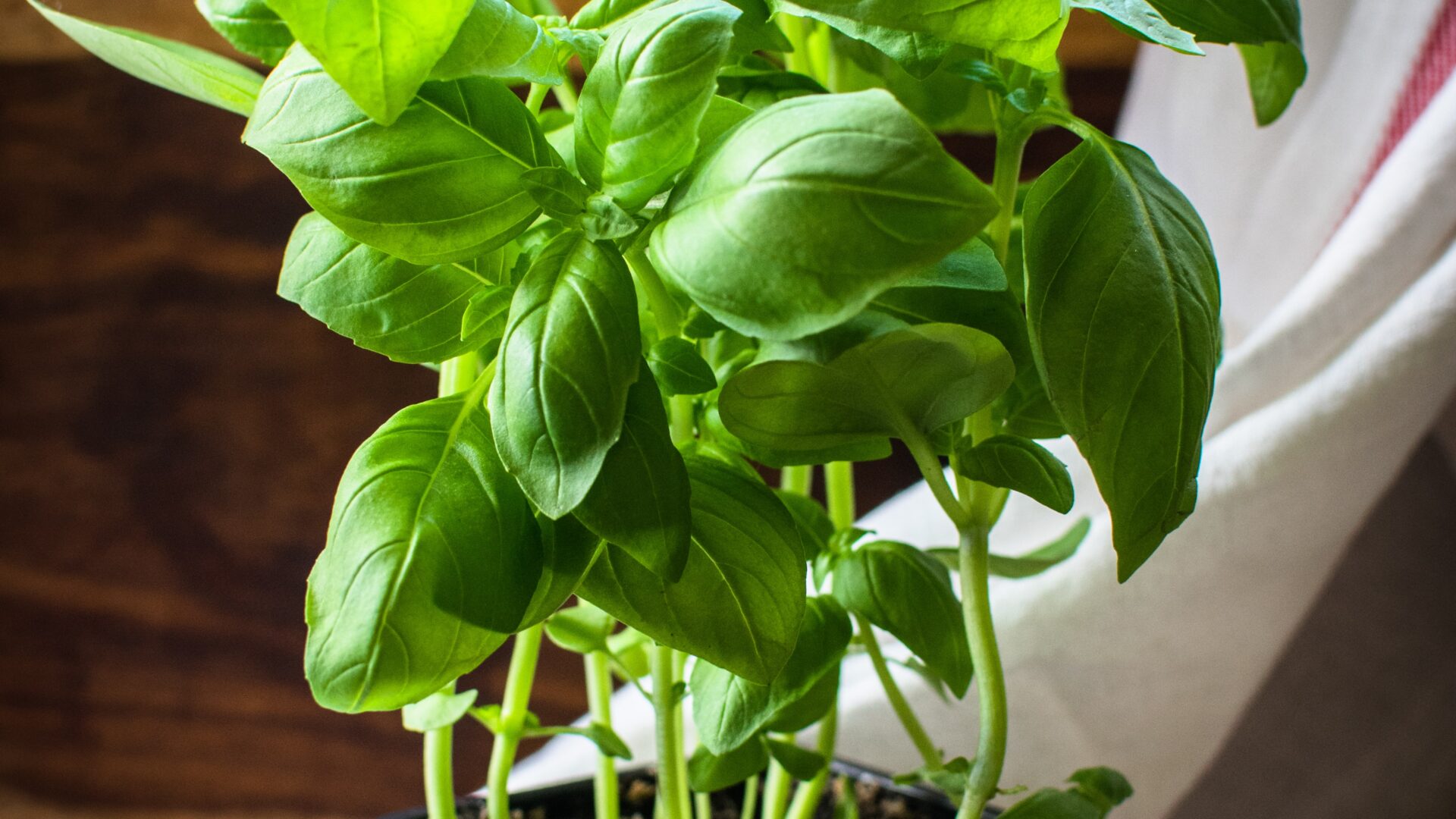Rainy season fully took over this year and one of the problems that would arise along with this season is the mosquito-borne disease like Malaria or Dengue. Recently, the Department of Health (DoH) has reported that there were 82,597 dengue cases from 1 January to 16 July, which is 106 percent higher than the same period last year. Unfortunately, as of Tuesday, 2 August, the death toll has reached 319.
As preventive measures for this occurrence, anyone wouldn’t dare to risk their home becoming a nest of mosquito larvae, the easiest and most effective step is to put plants that would serve as mosquito-repellant.
Plantitos and plantitas, once again it’s time to step out to bring out the green thumb as plants don’t limit themselves as mere decorations.
Citronella
Cymbopogon citratus or most commonly known as citronella usually used in cooking is also widely known to be a mosquito repellent as it contains a natural citronella oil, which mosquitoes dislike.
Citronella can be bought anywhere and planted easily, making it an accessible natural mosquito repellant.
The plant is not to be mistaken for the similar grass-like lemongrass or tanglad, which is known for its culinary and medicinal values. The main difference is that tanglad has a strong scent and has reddish base roots while lemongrass has a pleasant lemony smell and greenish base stems.
To plant, soak the citronella stalks in a glass of water for one week and change the water every day. For about three inches, cut the stalk and place in a pot that has a good soil mix. Don’t forget to hydrate the stalk for the first week. Aside from plenty of water, place the pot in where it can be reached by the sunlight.

OF UNSPLASH/LARISA BIRTA
Lavender
Lavender, which is usually the scent for fabric conditioners, perfumes and humidifiers as they’re known for their calming effect, is detestable to mosquitoes. From its odor and oil found on its leaves, Lavender or Lavandula helps repel mosquitoes, making it a good home fragrance as its pleasant scent and appearance also serves to protect the house from mosquito-borne diseases.
Although lavender is a bit challenging to grow in tropical countries like the Philippines, it takes a lot of effort to make the flower survive.
According to The Spruce, lavender grows best in warm, well-draining soil, and full sun. However, the scorching afternoon sun in the country will likely drain the plant so six hours under the morning heat is much more preferred.

OF UNSPLASH/ANNA VOSS
Basil
Basil (Ocimum basilicum) isn’t only popular in various cuisines. Like citronella, basil is easier to use as home repellent for mosquitoes. Surprisingly, among the compounds that are present for natural repellents at least one of these should be present; pyrethrins, methyl-nonyl-ketone, geraniol, estragole, citronellal, limonene and nerolidol. Basil has four volatile compounds.
Basil seeds can be planted directed in soils with three to six mm it can be propagated from seeds or either through cutting the stems. Basil should be suspended for two weeks or so in water until the it starts to grow roots.
These three easy and accessible natural mosquito repellents would be a great step as a preventive measure towards the growing cases of mosquito-borne diseases during this rainy season.
